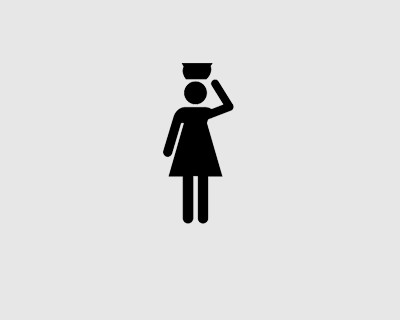Page 2
3) Development of a community of inquiry and models of civility and excellence in scholarship and teaching
| Sponsored Links |
|
|
4) Promotion of the efficient links between teaching and research in the humanities.
The NEH has stipulated that the Summer Seminar and Institutes are to hosted by eligible colleges, universities, school systems, learned societies, centers for advanced study, libraries, or cultural and professional organizations as long as they have the ability to procure a facility that is appropriate for the project in focus.
With this funding announcement, the NEH hopes to solicit application from eligible organizations that are expressing their interest in hosting the summer seminars.
The NEH will award funds in the amount of $200,000 to support the Summer Seminars and Institutes Program.
Institutions and organizations that will be considered eligible to participate in the Summer Seminars and Institutes Program are the following:
a) District Organizations
b) Indian Tribes or a consortium of Indian Tribes
c) State, city, county, and special district governments
d) Institutions of higher education or a consortium of institutions of higher education
e) public or private non-profit organization.
The Summer Seminars and Institutes Program is essential to the National Endowment for the Humanities as it can potentially help them work towards the consistent realization of their mission which is to support education and the humanities.
Summer Seminars and Institutes Program
Back to Page 1
About The Author Iola Bonggay is an editor of TopGovernmentGrants.com one the the most comprehensive Websites offering information on government grants and federal government programs. She also maintains Websites providing resources on environmental grants and grants for youth programs. |
Additional Government Grants Resources
Ethical Schools Project in Peru
The Ethical Schools Project revolves around the notion of promoting a culture of ethical behavior and civic responsibility among members of the youth, as well as teachers and parents. The project also aims to explore ways that would contribute to a reduction in corruption and other forms of illicit activities such as cocoa cultivation and illegal environmental degradation, which are both common practices in Peru.
Youth Leadership Program: Algeria
The Bureau of Educational and Cultural Affairs has established the Youth Leadership Program with Algeria which allows them to bring in young and adult Algerian students to the United States have them undergo a four-week exchange program.
Behavioral Risk Factor Surveillance System
The Centers for Disease Control and Prevention has established the Behavioral Risk Factor Surveillance System Program wherein it intends to provide financial and programmatic assistance to State Health Departments in the process of maintaining and expanding ways of collecting pertinent health data.
Getting Money to Start a New Business
Starting a new business can be an exciting venture -- unfortunately, it can also be quite expensive as well. In order to get the money that you need to get your business off of the ground, you might be...
Small Business Administration's Recovery Capital Loans
The Recovery Capital Loans Program provides financial assistance to small business with less than 500 employees to obtain a deferred payment loan from the agency, in order to meet existing debt payments, thereby giving the business the opportunity to refocus their business strategy.
State of New York Mortgage Agency
The State of New York Mortgage Agency, otherwise referred to as SONYMA, is an agency established in the year 1970 in an attempt to address the shortages of funds within private banking systems that are specifically intended for residential mortgages within the State of New York.
Development of Therapeutics and Diagnostics for Biodefense Program
The National Institutes of Health, in partnership with the National Institute of Allergy and Infectious Diseases(NIAID), has established the Development of Therapeutics and Diagnostics for Biodefense Program in an attempt to seek research proposals that desire to support the development of lead candidate diagnostics or therapeutics against NIAID Category A, B, or C priority agents.
Social Entrepreneurship
Spotlight
Girls-Aiding Social Business Accelerators To Help Teen Girls Living In Poverty

In partnership with the Unreasonable Group, the Nike Foundation is set to launch the Girl Effect Accelerator this November to help social entrepreneurs whose business startups focus on helping economically disadvantaged adolescent girls.
